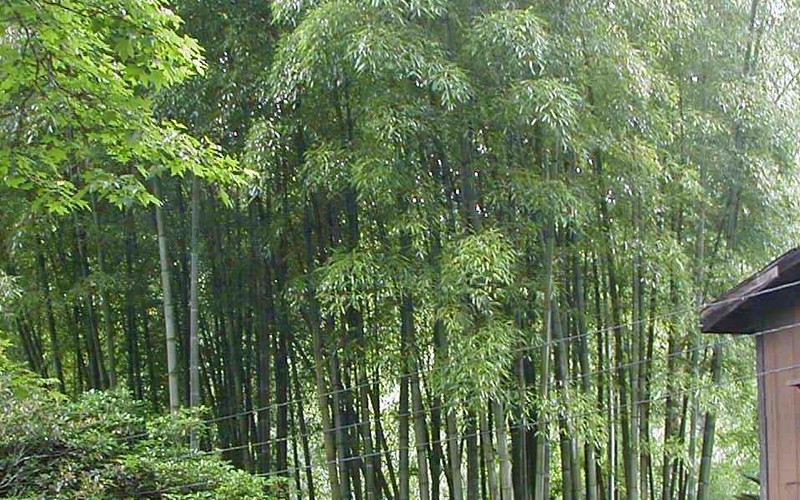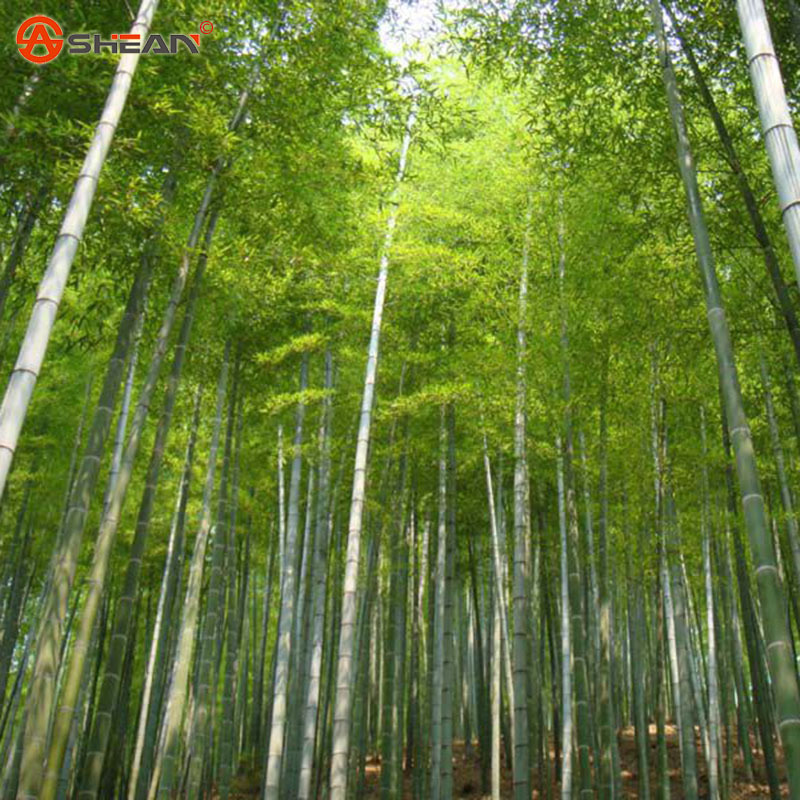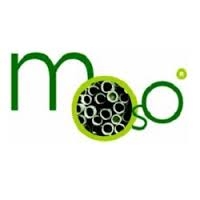
Other certifications are available upon request regarding indoor emissions and FSC certification. Several environmental reports are available and, to be fully transparent about the real sustainability of our products, Environmental Product Declarations (EPD’s) for MOSO Bamboo Products can be downloaded from our website as well as the Life Cycle Analysis of our materials. All MOSO Bamboo Products can be credited for various ecological certifications such as: LEED, BREEAM, HQE, Green Star and DGNB. In the world of architecture, sustainability is also at the centre of attention.
Sustainability: more than just a trend, we believe that MOSO Bamboo Products are one of the most promising alternatives for sustainable building. Since its creation in 1997, MOSO's main values have been the following: The proof is the impressive list of reference projects showcasing endless possibilities with MOSO Bamboo Products. With an international team and partners in more than 50 countries, MOSO is continuously looking for new applications and solutions that can be made with the fastest growing plant of the world. With 25 years’ experience in the relatively young bamboo industry, MOSO is recognised as the global A-brand in bamboo because of its focus on product quality, innovation and sustainability. It still sounds like it might be a lot of smoke and mirrors.MOSO develops and creates bamboo products for interior and exterior applications that meet the highest technical requirements and quality standards, enhance the beauty of applications and are made from the sustainable, renewable resource Moso bamboo. Gene editing? Doubt it, but If so have they grown those plants out? Not likely in either case in the 8 to 9 years they have been in the US. Anything coming from anything other than seed (sexual reproduction) is just a clone of a plant that already exists. Who is doing the harvesting in the two to three week window you have to harvest shoots? How many man-hours would be required to harvest the shoots? How many lbs/kg of shoots would you need to harvest in the first few years of production to start to pay off your initial cost outlay? Do they contractually agree to a guaranteed price per lb/kg of harvest? If so how many years do they guarantee buyback? Are there minimum requirements for the amount of shoots you have to produce per season? Who is responsible and paying for transporting the shoots to the processor? Who is processing the shoots? Is there infrastructure in place to process all these shoots? Crop insurance? Plant replacement? There are so many questions you should be asking yourself and them before committing to anything.Īs for their patented strain, unless they have selected a new cultivar that they grew from seed, and grew it out to maturity in the environment they are promoting too, I would be extremely skeptical of any claims they make about that. There are others in Florida that are bringing bamboo at scale to market that have existing established relationships within the citrus community to help farmers who have been affected by citrus greening. Also know they are not the only players in this market. I think there is potential for better short-term turnaround with asper than there is for Moso in general. I think they did well in pivoting to Dendrocalamus asper as an option for Florida growers. 

It is a risk, as any small farm venture is where you are laying out your capital and committing your land.

I think so far it is too early to tell how it all plays out. Over the ensuing years, I have kept up tangentially with OnlyMoso, talking to individuals who have either signed up or others that know people that have signed up. There was a consensus in the ABS bamboo community at that time, that they were selling a set of unrealistic expectations that had the potential to put people at risk of serious financial harm, and also set back any progress made thus far in promoting bamboo as a viable agricultural product in the US. The takeaway from that meeting was that they were naive at best at what they were promoting. One of our members, who has written a few books and articles on growing and farming bamboo, met with them when they first set up shop in Florida. When they first were reaching out to growers, there was a lot of interest in American Bamboo Society circles because their goals appeared to align with ABS goals. Realistically, in my opinion, an optimistic turnaround time for Moso is a minimum of 10-12 years under near-perfect production conditions using well-established, rhizome dense stock. Back in 2014 or 15 when I and several other bamboo nurseries/people were approached by them, they were promoting a turnaround time of 3-5 years on harvestable Moso.

I do not know what their current timeline is for Moso.








 0 kommentar(er)
0 kommentar(er)
